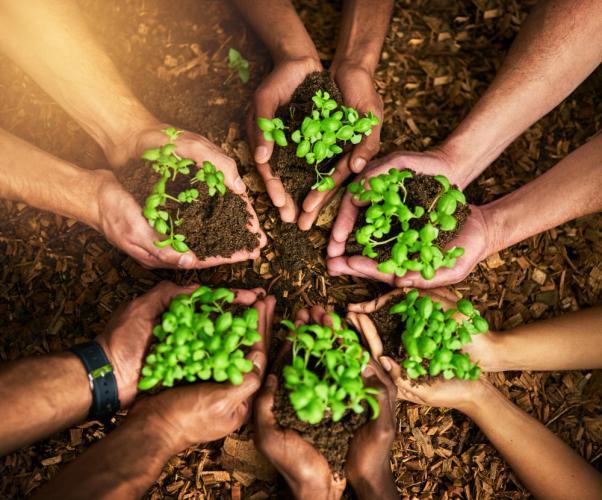
Community initiatives play a crucial role in environmental conservation by bringing people together to protect and restore their local environments. These grassroots efforts are often driven by a deep connection to the land and a desire to create a sustainable future for generations to come.
One inspiring example is the rise of community gardens. These gardens transform vacant lots or unused spaces into vibrant green areas where community members can grow their own food. Not only do they provide fresh, local produce, but they also promote biodiversity, reduce food miles, and foster a sense of community. Participants learn about sustainable agriculture, composting, and the benefits of consuming locally grown food.
Another impactful initiative is community-led clean-up projects. Volunteers come together to clean rivers, beaches, parks, and other natural areas, removing litter and pollutants. These clean-up efforts not only improve the aesthetics and health of the environment but also raise awareness about the importance of waste management and pollution prevention. Community clean-ups often involve local schools, businesses, and organizations, fostering a culture of environmental stewardship.
In many regions, community groups are actively involved in reforestation projects. These initiatives aim to restore degraded landscapes by planting native trees and shrubs. Reforestation helps combat climate change by sequestering carbon, prevents soil erosion, and enhances biodiversity. Local involvement ensures that the projects are tailored to the specific needs and conditions of the area, increasing their chances of success.
Education and advocacy are also key components of community conservation efforts. Workshops, seminars, and campaigns educate the public about environmental issues and sustainable practices. Advocacy groups work to influence policy decisions, promote environmental justice, and ensure that the voices of local communities are heard in environmental decision-making processes.
Community initiatives demonstrate that everyone has a role to play in environmental conservation. By coming together, sharing knowledge, and taking collective action, we can make a significant impact on protecting our planet and creating a sustainable future.